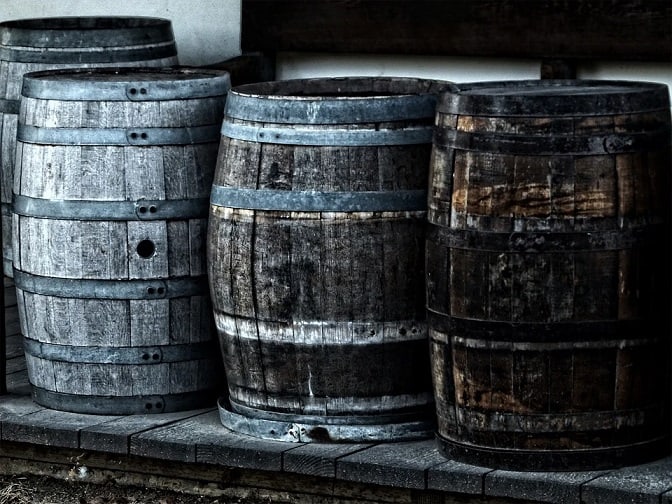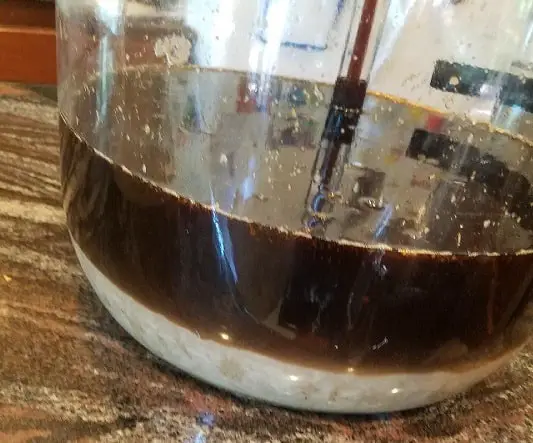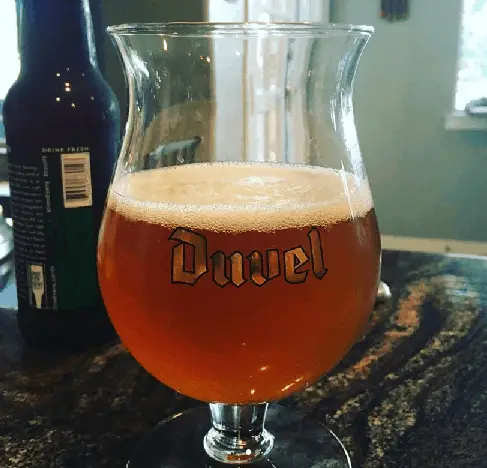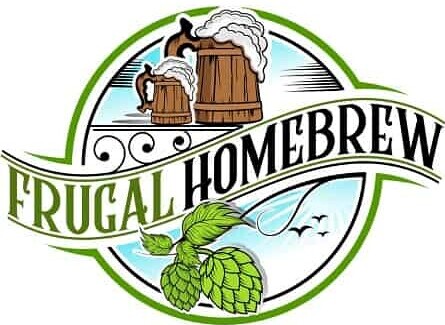
So you decide to take a month long vacation while your beer is in primary. Then a thought runs through your mind. Can beer be in fermentation for too long?
Beer can actually be over fermented, but it takes a long time. The lower alcohol content of beer makes it much less likely for problems such as autolysis to take place. Beer can typically sit in primary on the yeast cake for upwards of four to six months, although this is hotly debated.
Typically you won’t have your beer sitting in fermentation for the length of time that it will take for it to go bad. If you have your beer sitting in primary for any more than two months you are doing something wrong.
However there may be some reasons for the longer fermentation times and you will need to be careful of these issues that may arise below.
Autolysis in Beer
Autolysis can take place in any alcoholic beverage that sits on top of yeast. It is typically feared more with mead and wine, but has crept into the world of home brewed beer.
I’m unsure why it has become such a feer with beer since it is actually very rare, but I’m fairly sure its mainly from winemakers moving their craft into homebrewing beer.
Less Alcohol Content Decreases Autolysis
Autolysis is a problem for wine because of the high alcohol content, it kills yeast and stresses it out much faster than any alcohol from beer would do to beer yeast.
This dead yeast begins to decompose and break down, releasing bad flavors into the beverage, however this only takes place after monthes for beer, since there are enough nutrients to keep the beer healthy.
Pressure and Decomposition

Much like a compost pile needs to maintain a certain hight to create heat that microbes can use to break down organic matter, higher levels of pressure sitting on a yeast cake could pose problems.
The difference is, homebrewers don’t have nearly enough pressure on the yeast to have any ill effects, this problem might occur only in commercial breweries that a brewing higher quantities.
Hop Oxidation and Degredation
A more likely issue that you may have when fermenting beer is hop oxidation. This is the main reason that beer will go bad and have a poor quality of taste.
Hops will oxidize if they come into contact with oxygen, this will slowly change the hop flavor profile to one of wet cardboard. Not something you want in your next brew.
Hops left in Primary
Don’t leave your hops in primary for too long, while they won’t go bad since they are not exposed to oxygen they will lose flavor and intensity.
The longer the hops sit in primary the higher the chance you will lose out on the beer at its most delicious point. Don’t try to age your hoppy beer it won’t turn out well.
Bottle Carbonation Problems
If you leave your beer in primary for too long you make it a bit more difficult to bottle carbonate. While not impossible you may have to wait a bit longer for your brew to bottle carbonate.
When you leave a beer in primary a few things happen with the yeast.
- The yeast dies.
- The yeast goes into hibernation.
- The yeast forms a cake on the bottom.
So if you leave more time for the yeast to form a cake in the bottom and hibernate that leaves less in the liquid that you are transferring to the bottles.
This makes it harder for the yeast to carbonate the beer since it will have to build up a colony from much less yeast starting out.
So it could take longer, in rare cases you could have so few yeast that it never gets started and dies out.
Some Beer Improves With Age

While typically you will want to bottle beers as soon as they are done fermenting and drink within a couple months some beers do improve with age.
These beers are ones that are much higher in malt, so more brown beers and have less hops. If you have a hoppy beer with a lot of brown malts it won’t do well with age.
Bottling Aging
Typically you will wan’t to bottle age the beer since the yeast still in the beer will continue to ferment creating a much more flavorful brew.
Keep these in a cooler location and don’t let them get hot. Yeast will not do well at higher temperatures, in fact it could die. But lower temperatures it will either go into hibernation or ferment much more slowly.
A few things could happen when aging a beer.
- Higher percentage
- More esters from the yeast
- Cooler temperatures mellow the beer and meld distinct flavors.
Fermentation and Aging
You may be a bit confused that I’m talking about aging, but the process of aging is actually continued fermentation, the yeast is still continuing to ferment the beer, even though its no longer in primary.
Soapy Flavor
This one is pretty interesting. Apparently its been splattered all over the internet and seems to originate from one source. The source is pretty reputable too.
Its from How to Brew by John Palmer and its that after about three weeks the yeast can impart a soapy flavor from the breakdown of fatty acids.
Other sites go so far as to say it depends on the beer style but it seems like this information is a bit wonky at best.
Aged Beers Don’t Taste Like Soap
For example, I mentioned that you could age certain beers, more or less maltier beers are better for aging, as well as beers with higher alcohol content.
Now with a bit of critical thinking, we know that there is still yeast in those bottles yeast that the beer is sitting, and for some grand reason there are no soapy flavors. So I’m a bit skeptical of the soapy flavor theory.
The only logical explanation I can think of goes to the amount of pressure that sits atop the trub, and of course the type of proteins that are causing the soapy flavor, for all I know it could be oats.
